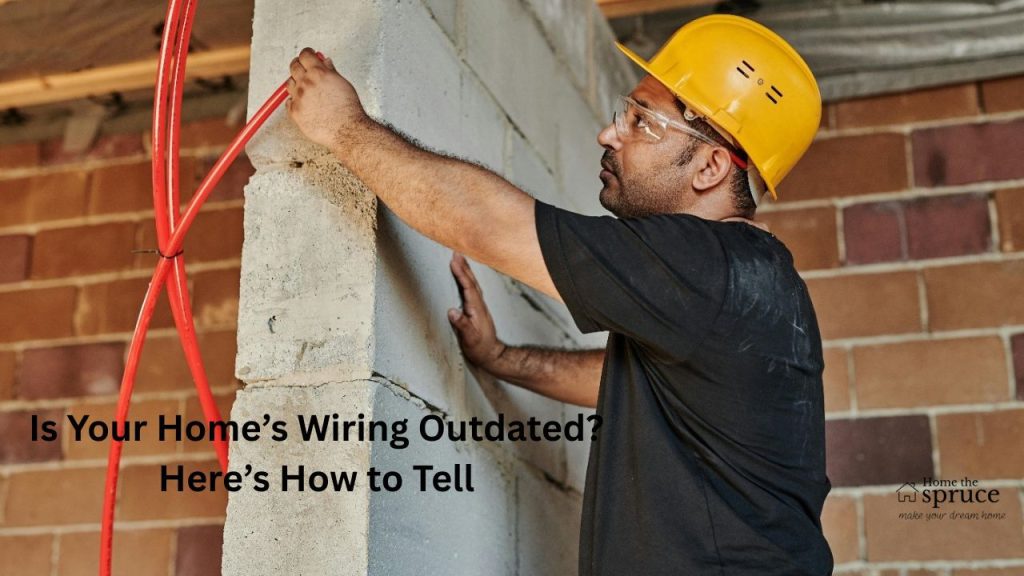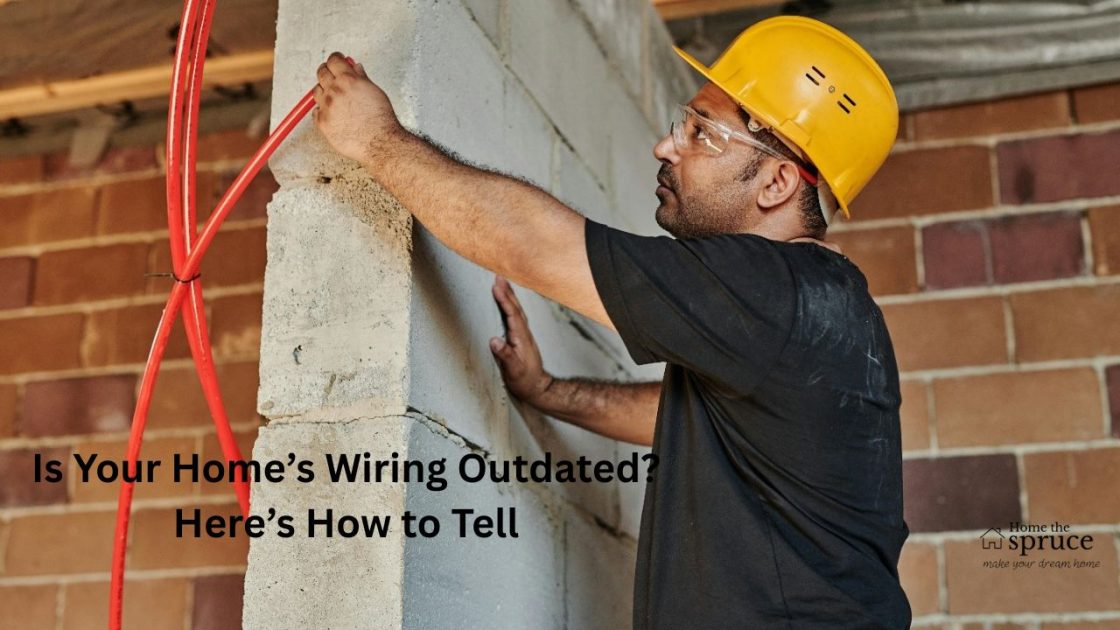Your house probably feels warm, the lights are coming on just as they should, and everything looks normal from the outside. But what’s happening behind the walls is another story. Many houses — older ones in particular — have electrical systems that are outdated and not designed for today’s tech-heavy lifestyles. And honestly, that’s kind of a big deal.

If you live in an area such as Bucks or Montgomery County, PA, where many homes are over 40 years old, your electrical wiring is likely starting to show its age. According to local fire department statistics, electrical problems are among the leading causes of residential fires, and many of those cases can be traced back to — guess what — old, frayed wires.
So how can you tell if your home’s wiring is due for a major upgrade? Here’s what to look out for.
You Can’t Recall the Last Time You Had an Inspection
The truth is that most people don’t plan electrical inspections unless something’s wrong. But if you truly can’t recall — or have never had your system examined — now’s the time.
Here’s why inspections matter:
- They identify problems early (before they become costly or dangerous).
- They ensure your system is up to current safety codes.
- They provide peace of mind, particularly if you recently purchased an older home.
If you are looking for a licensed electrician Bucks & Montgomery County, PA has many competent electricians. For instance, the professionals at Wes Carver Electric know all of the housing styles in the area and the typical problems that plague them behind those walls. They provide detailed inspections and will not oversell you on unnecessary work.
Your Circuit Breaker Keeps Tripping All the Time
If your circuit breaker trips occasionally here and there, that is normal. It’s doing what it’s meant to do to protect you. But if it happens all the time, like every time you turn on your microwave and your toaster at the same time, that’s not normal. That’s a red flag.
Common causes of frequent breaker trips include:
- Your circuits are overloaded.
- Something has short-circuited somewhere.
- You can offset your home’s power use with your system.
And it’s not merely annoying — it could prove dangerous. If neglected for long enough, an overloaded system can burn out components, create excessive heat or even trigger a fire.
Your lights flicker when you use appliances
This one is super common, but still, not something to brush off. If your lights flicker or become dim when you turn on the vacuum or microwave, it likely means the following:
- Your circuits are overloaded.
- Your nerve fiber is old or frayed.
- The links in your panel are getting corroded.
And although blinking lights may seem like just a small annoyance, they can be an early indication of a much larger electrical problem brewing. So yes, take it seriously.
You Notice a Burning Smell or Discoloration
If you ever smell something burning and it’s not a dish in the oven, stop what you’re doing and inspect the source of the problem. A burning smell near outlets or lights switches is a major red flag.
You might also notice:
- Brown or black areas around the outlet.
- Melting or warping outlet covers.
- Heat radiating from the wall around a switch or outlet.
If you notice something like that, or smell something unusual, stop using the outlet right away. Turn off the power to that part of your home, and contact a licensed electrician. These are common signs that wires are starting to overheat and may result in a fire. It is one of those “don’t wait” moments.
You Have Two-Prong Outlets
If your home has those old two-prong outlets, the odds are that the electrical system hasn’t been upgraded in decades. These ungrounded outlets do not prevent electric shock and are outdated. Converting them to three-prong grounded outlets is a small upgrade that has a huge payback in safety.
You Hear a Buzzing or Crackling Noise
Are you hearing buzzing, sizzling or crackling sounds from outlets, switches or even your breaker box? Yeah, that’s not good. A functioning system has no sounds at all.
Weird noises could mean:
- Loose wiring.
- Faulty connections.
- Damaged components within your walls.
Whatever the reason, don’t dismiss it. Sounds like those usually indicate something is wrong — and the longer it continues, the more damage it can cause.
Your Outlets or Switch Plates Are Warm or Hot
Outlets or switches should be cool or room-temperature to touch. If they’re warm — or worse, hot — that’s a warning.
Possible reasons for this include:
- Electrical resistance is too high.
- Overloaded circuits.
- Bad wiring behind the wall.
Heat is perhaps the deadliest sign that should never be ignored. So if you see this, please immediately stop using the outlet and call someone to check it out.
You’ve Bought New Appliances or Renovated Recently
If you’ve done renovations—added a kitchen, upgraded the HVAC system, or bought new appliances—your electrical system may not be keeping pace.
Here’s the deal:
- Modern kitchen appliances use more electricity.
- Older wiring might not be rated for that load.
- At best, you may have to face tripping or overheating issues.
It’s a really good idea to reassess your electrical setup after any major home updates. This isn’t merely for convenience — it’s to safeguard your residence and your loved ones.
Old wiring isn’t a problem that just resolves itself. The warning signs can be pretty small — a flickering light or a buzzing outlet — but those are often signals of something much larger going wrong out of sight.
Here’s what you can do:
- Arrange for a professional inspection — particularly if your home is older than 30 years.
- Modernize outlets to secure, grounded models.
- Get rid of faulty wiring or dangerous circuits before they cause any real damage.
- Bring in a local expert who understands what to look for and will be able to safely remove it.
Your home is where your life takes place—don’t leave its security to chance. A small bit of attention now could save you from big headaches (and costly repairs) later on.















